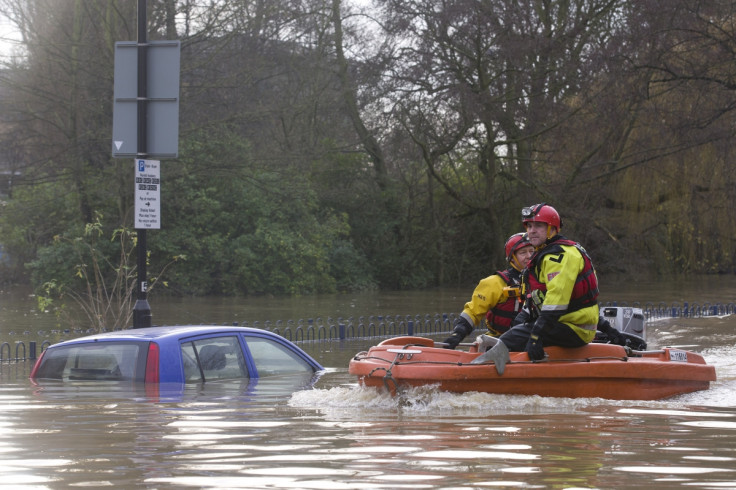UK weather: December 2015 breaks the records for being wettest and warmest

December 2015 has been registered as the wettest month since records began in 1910, with 2015 being recorded as the sixth-wettest year overall. The last month of 2015 also broke the record for the mildest December on record, with temperatures 4.1<sup>C above the long-term average.
While some forecasters were predicting an "Arctic freeze" this winter, the mean temperature for December was 7.9<sup>C, making it the warmest December on record. The previous record holder was <sup>6.9C in 1934.
A statement from the Met Office said: "The temperatures for December 2015 were closer to those normally experienced during April or May."
December also brought widespread rainfall for much of the UK. While central and southern England avoided the worst of the downpours, it was the wettest December on record for Scotland (351mm) and Wales (359mm). Northern Ireland also received the brunt of the showers with 221mm of rainfall, making it the second-wettest December for them, just behind 1919, when 224mm of rainfall was recorded.
A number of storms have battered the UK this season, causing severe flooding in Scotland, Wales, and parts of England. The Met Office has said that a jet stream brought these storms to towards the UK, causing unusually warm temperatures and the extensive rainfall that has been seen.
Storm Frank caused extensive flooding throughout parts of the country, particularly Scotland, during the last week of December, while Met Office forecasters warned that the heavy rainfall could continue over the first few days of January. On Sunday 3 January Storm Gertrude hit to the UK, forcing the Met Office to issue several severe weather warnings for rain throughout the country. On Tuesday 5 January parts of Scotland and England were on a yellow alert for rain, with an amber warning issued for north-east England.
Furthermore, records have indicated that the exceptionally warm weather in December also brought a "complete lack of air frost" across the country. The UK saw less than three days of air frost on average, which contrasts sharply with the long-term average of eight days.
© Copyright IBTimes 2025. All rights reserved.





















